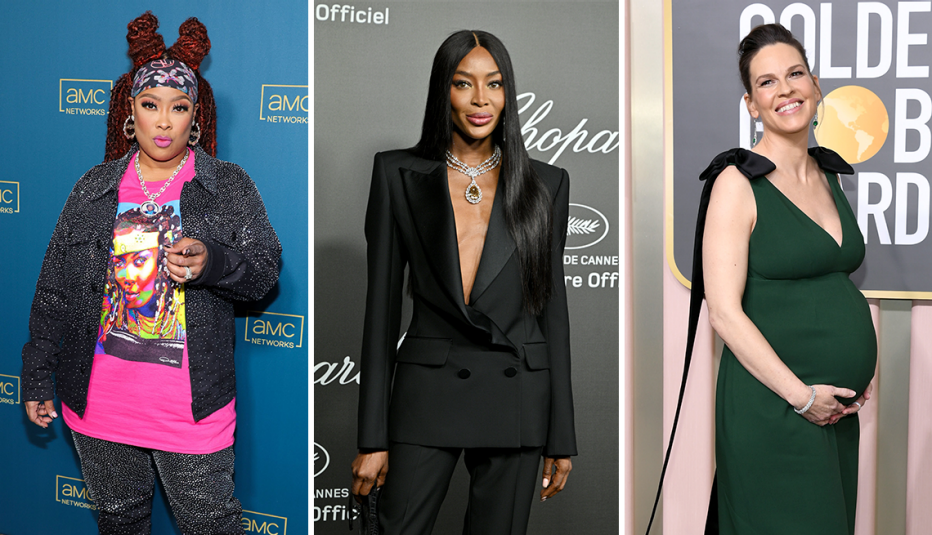AARP Hearing Center


While few can relate to supermodel Naomi Campbell when it comes to her professional life, more and more women can connect with her role as an older mom.
Campbell recently revealed on Instagram that she’d become a mother for the second time — at age 53 — with the birth of her son.
The list of celebrity moms who have welcomed children later in life is long. Singer Janet Jackson was 50. Rapper Da Brat had a baby boy at age 49. Hilary Swank had twins at 48. Madonna was 42. Actress Halle Berry had her first at 41 and second at 47.
Campbell ended her surprise announcement with, “It’s never too late to become a mother.”
That sentiment has become more socially acceptable in recent decades.
“There was a period in the ’60s and ’70s when, if you weren’t married by 25, the world was ending, at least for your parents,” says social psychologist and parenting expert Susan Newman. “That’s no longer true. Women are getting more advanced education and more established in their job before starting a family.”
Advances in reproductive technology have also been a big reason for delayed motherhood. The median age for first-time mothers was 30 in 2019, according to the U.S. Census Bureau — the highest it’s ever been.
An analysis by the Census Bureau, based on National Center for Health Statistics data, showed that even though fertility rates for women ages 20-24 declined by 43 percent from 1990 to 2019, those rates surged a whopping 132 percent for women ages 40 to 44 during the same time period.
New technologies make older motherhood possible
Many risks that previously prevented older women from becoming mothers have been reduced with new techniques like egg and embryo freezing, the use of donor eggs and surrogates, and in vitro fertilization (when an egg is fertilized by a sperm outside the body). Adoption is also an option. Although the chance of getting pregnant with your own eggs after age 46 “is essentially zero,” most fertility clinics will offer embryo transfers to women up to age 55 after a high-risk pregnancy clearance, notes Lisa Becht, a double board-certified fertility specialist with HRC Fertility in Newport Beach, California. Donated eggs — fresh or frozen — typically have much higher success rates for those with low hormone levels or women 42 or older, Becht added.



































































More From AARP
How Couples Can Avoid Annoying Each Other in Retirement
Tips for creating separate spaces and respecting alone timeHow to Save Your Marriage When Mom Moves In
You love your parents. But can you live with them?
7 Ways to Get Along With a College Student Home for Summer
Avoid helicopter parenting, but don’t be afraid to set limits